Entry Category: State
Remmel, Augustus Caleb (Gus)
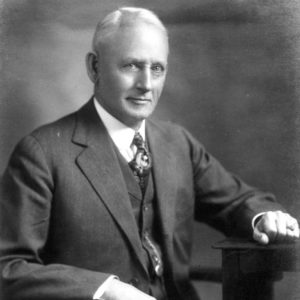 Harmon Remmel
Harmon Remmel
Revenue Stabilization Act
aka: Act 311 of 1945
Riggs, John Andrew
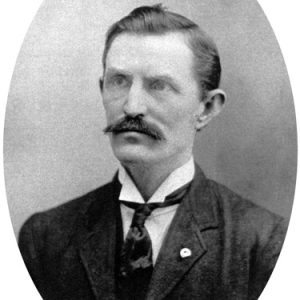 John Riggs
John Riggs
 Bob Riley
Bob Riley
Riley, Bob Cowley
 Riviere Campaign Flyer
Riviere Campaign Flyer
Riviere, Paul
Roane, John Selden
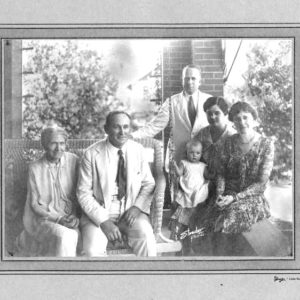 Robinson Family
Robinson Family
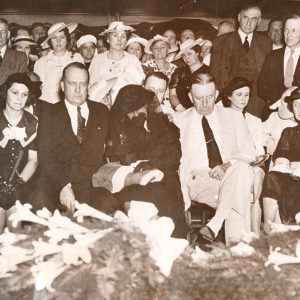 Robinson Funeral
Robinson Funeral
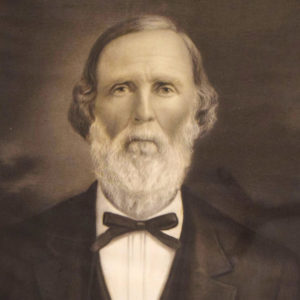 James M. Robinson
James M. Robinson
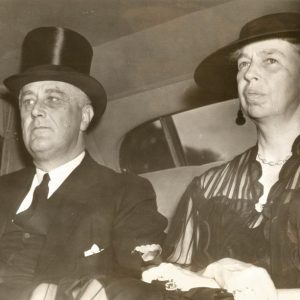 Joe T. Robinson Funeral
Joe T. Robinson Funeral
Robinson, John Marshall
Robinson, Joseph Taylor
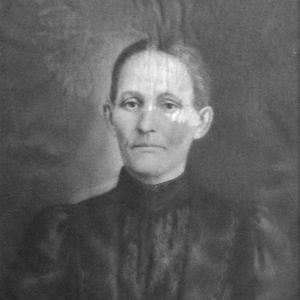 Matilda J. Robinson
Matilda J. Robinson
 Rockefeller Cake
Rockefeller Cake
 Rockefeller Campaign Billboard
Rockefeller Campaign Billboard
 Rockefeller Campaign Material
Rockefeller Campaign Material
 Rockefeller Memorial
Rockefeller Memorial
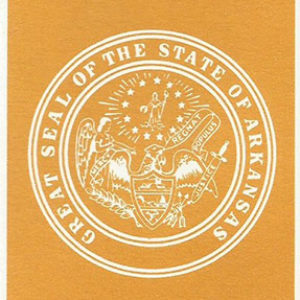 Rockefeller Program
Rockefeller Program
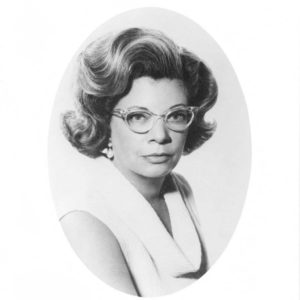 Jeannette Rockefeller
Jeannette Rockefeller
Rockefeller, Winthrop
 Winthrop Rockefeller
Winthrop Rockefeller
Rockefeller, Winthrop Paul
 Winthrop Paul Rockefeller Brochure
Winthrop Paul Rockefeller Brochure
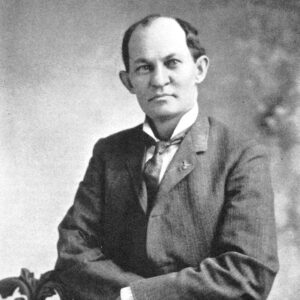 Robert L. Rogers
Robert L. Rogers
Rogers, Robert L.
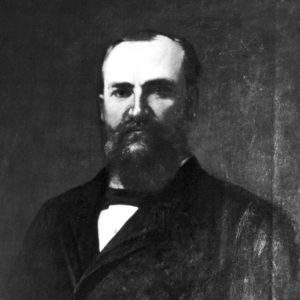 Logan Roots
Logan Roots
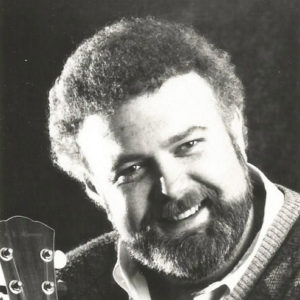 Terry Rose
Terry Rose
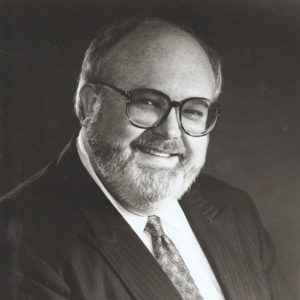 Terry Rose
Terry Rose
 Ross and Beebe
Ross and Beebe
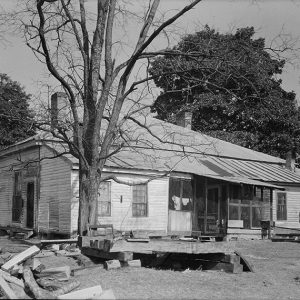 Royston House
Royston House
Royston, Grandison Delaney
Rutherford, James Luin “Skip” III
 Leslie Rutledge
Leslie Rutledge
Rutledge, Leslie Carol
 Bryan Sanders
Bryan Sanders
 Sarah Huckabee Sanders
Sarah Huckabee Sanders
 Sarah Huckabee Sanders Swearing In
Sarah Huckabee Sanders Swearing In
Sarber, John Newton
Schwarzlose, Monroe
Scott, Bob
 Bob Scott
Bob Scott




